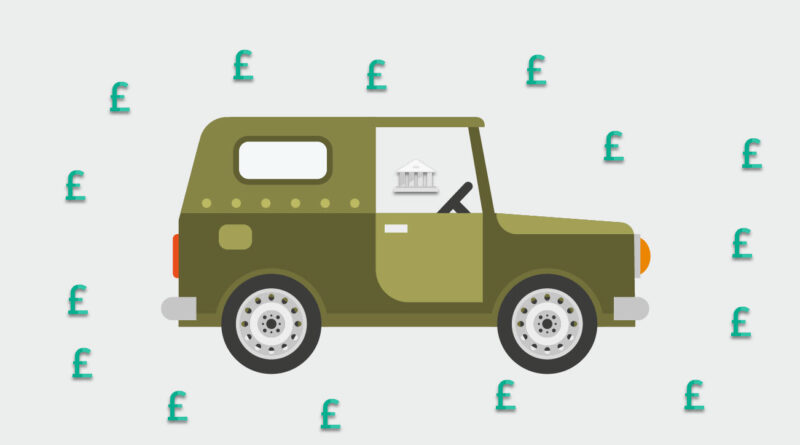Guide To How Much Is Your Car Worth
Here’s a comprehensive guide to understanding how much your car is worth. Determining the value of your car is essential whether you’re planning to sell, trade it in, or simply want to know its current market value. Several factors influence a car’s worth, including its age, condition, mileage, and market demand.
Factors That Influence Car Value
- Age of the Car
- Depreciation: Cars depreciate over time, with the most significant drop occurring in the first few years. On average, a new car loses about 20-30% of its value in the first year and around 50-60% by the fifth year.
- Mileage
- Usage Impact: The more miles a car has been driven, the lower its value. High mileage indicates extensive use, which can lead to more wear and tear and potentially higher future maintenance costs.
- Condition
- Exterior and Interior: A car in excellent condition, both inside and out, will command a higher price. Factors like paint quality, dents, scratches, interior wear, and the state of the upholstery play a significant role.
- Mechanical Health: Regular maintenance and the absence of mechanical issues enhance a car’s value. A car with a well-documented service history is more appealing to buyers.
- Make and Model
- Brand Reputation: Certain brands are known for their reliability, durability, and resale value. Popular and well-regarded models tend to hold their value better over time.
- Market Demand
- Current Trends: Market demand for specific types of vehicles, such as SUVs or electric cars, can affect your car’s value. Economic conditions and fuel prices also influence market demand.
- Location
- Regional Differences: The car’s value can vary based on your location. Urban areas with higher demand might offer better prices compared to rural areas.
- Modifications and Features
- Upgrades: Custom modifications and additional features such as upgraded audio systems, advanced safety features, or custom paint jobs can add value. However, some modifications might deter buyers and reduce the value.
- History
- Accidents and Repairs: A car with a clean history, free of major accidents and repairs, will have a higher value. A vehicle history report can provide buyers with confidence in the car’s past.
Methods to Determine Car Value
- Online Valuation Tools
- Websites and Apps: Use online tools like Kelley Blue Book (KBB), Edmunds, or Autotrader to get an estimate of your car’s value. These tools require you to input details about your car, such as make, model, year, mileage, and condition.
- Professional Appraisal
- Certified Appraisers: For a more accurate assessment, consider hiring a professional appraiser. They will provide a detailed evaluation based on a physical inspection and current market conditions.
- Dealership Trade-In Valuation
- Instant Quotes: Many dealerships offer trade-in valuation services where they assess your car and provide an immediate offer. While convenient, trade-in values are often lower than private sale prices.
- Comparative Market Analysis
- Research: Look at classified ads and online marketplaces to see what similar cars are being sold for. Comparing prices of cars with similar age, mileage, and condition can give you a realistic idea of your car’s market value.
Steps to Maximize Your Car’s Value
- Maintain Regularly
- Service Records: Keep up with regular maintenance and document all services and repairs. A well-maintained car with proof of service is more attractive to buyers.
- Clean and Repair
- Detailing: Thoroughly clean your car inside and out before listing it for sale. Consider professional detailing to enhance its appearance.
- Minor Repairs: Fix minor issues such as dents, scratches, or faulty lights. These small improvements can significantly boost your car’s appeal and value.
- Gather Documentation
- Ownership and Service History: Prepare all necessary documents, including the title, service records, and any receipts for repairs or upgrades.
- Highlight Features
- Advertise Smartly: When listing your car for sale, highlight its key features, recent maintenance, and any upgrades. Quality photos and a detailed description can attract more potential buyers.
Determining how much your car is worth involves considering various factors such as age, mileage, condition, and market demand. Using online valuation tools, getting a professional appraisal, and researching market prices can help you get an accurate estimate. By maintaining your car well and preparing it properly for sale, you can maximize its value and ensure a smooth transaction whether you’re selling privately or trading it in at a dealership. Check out used car values.

